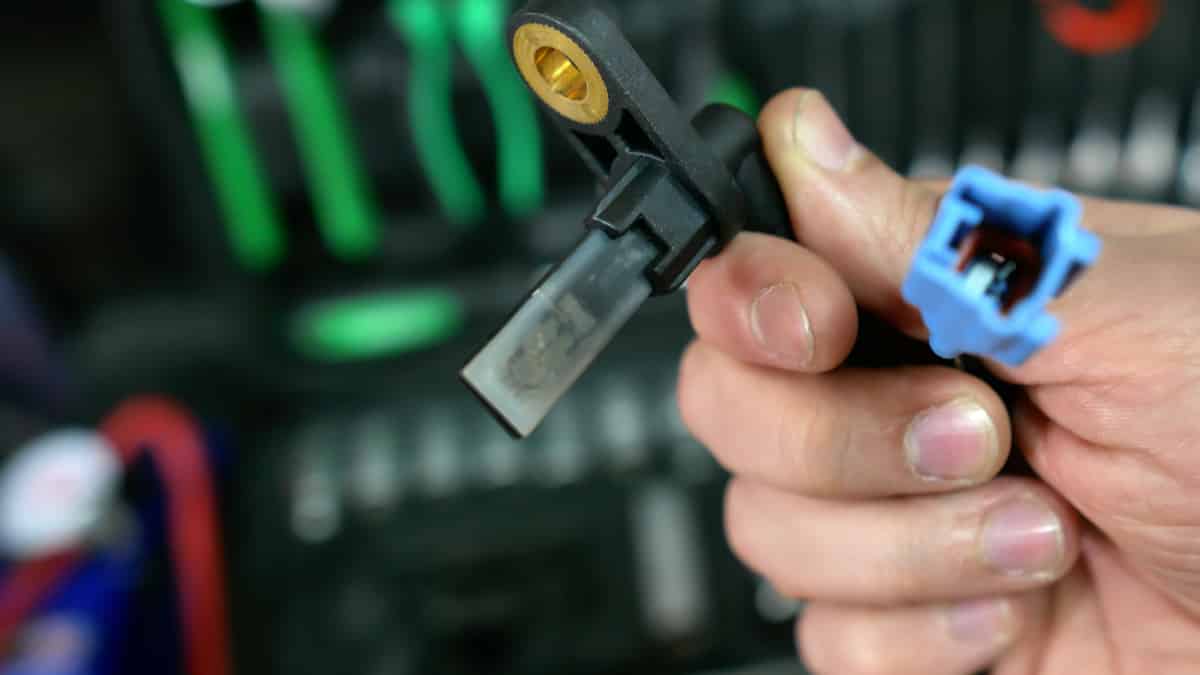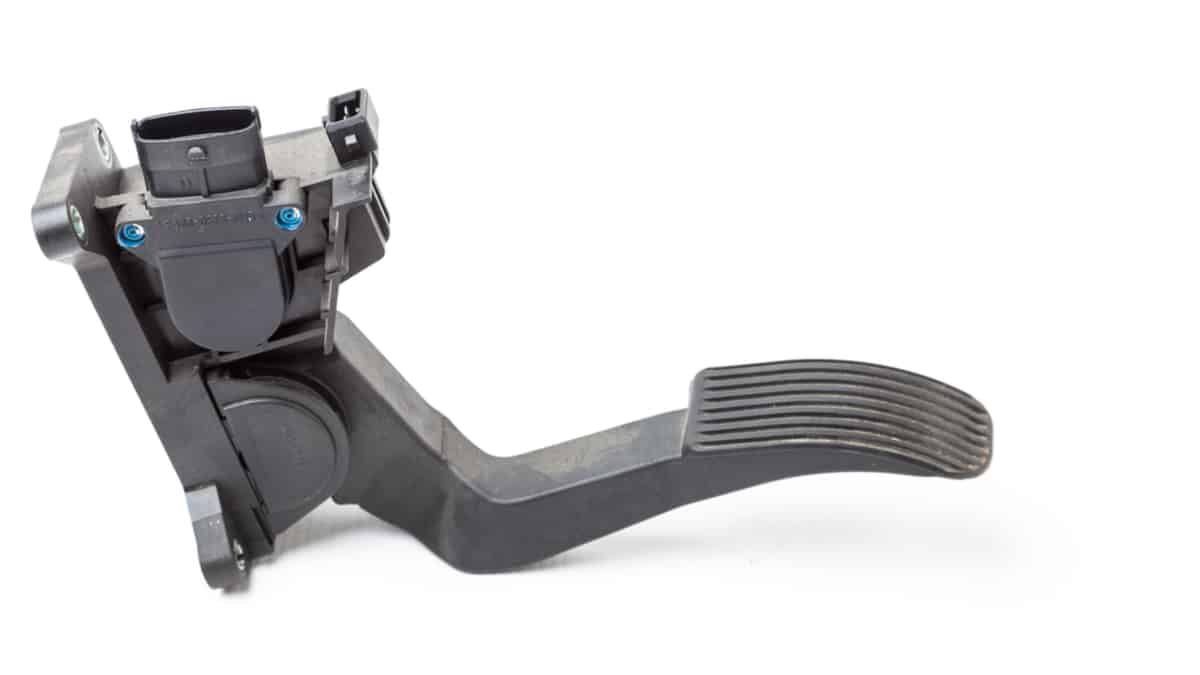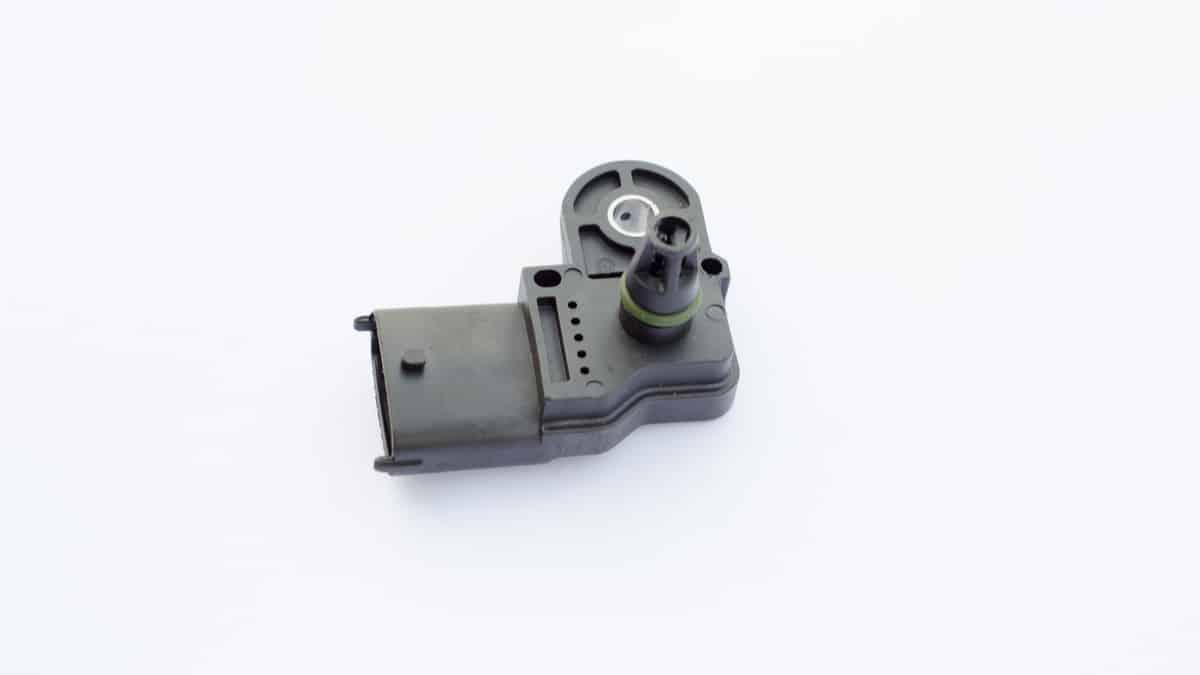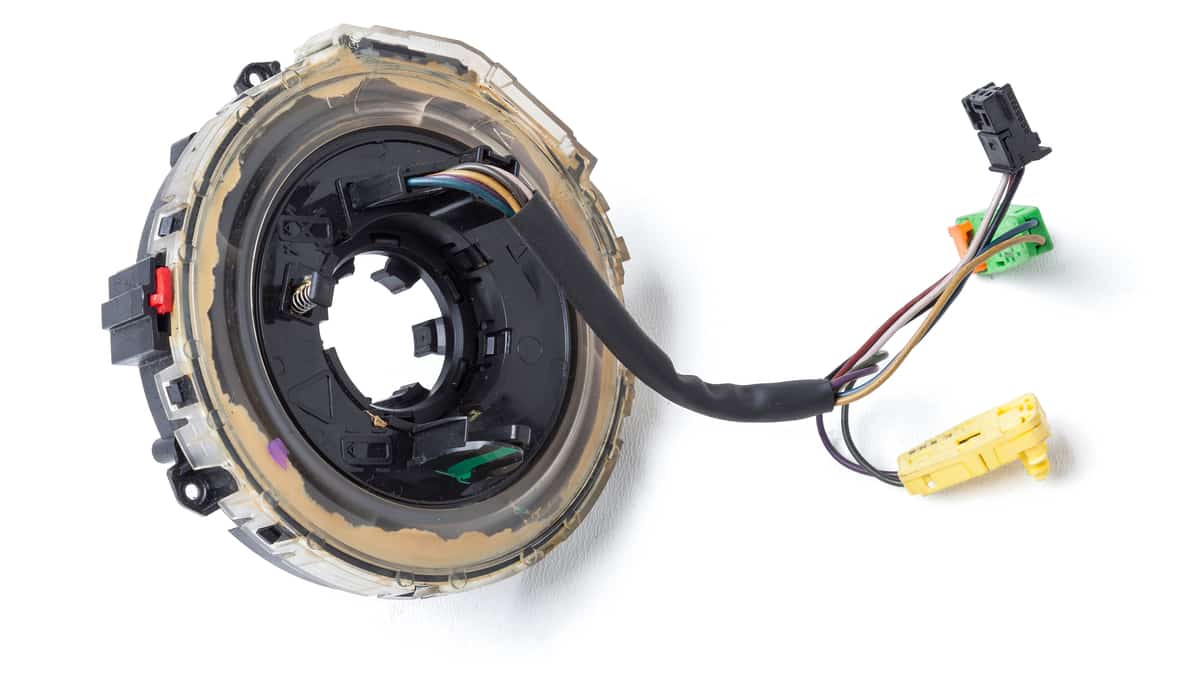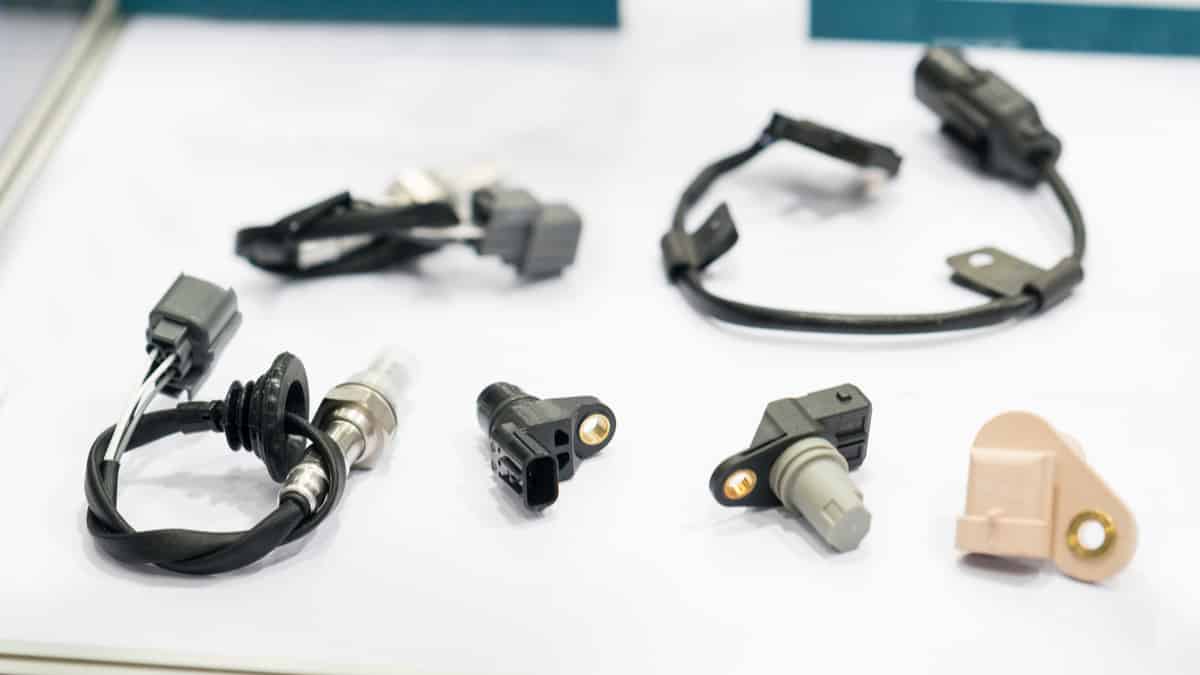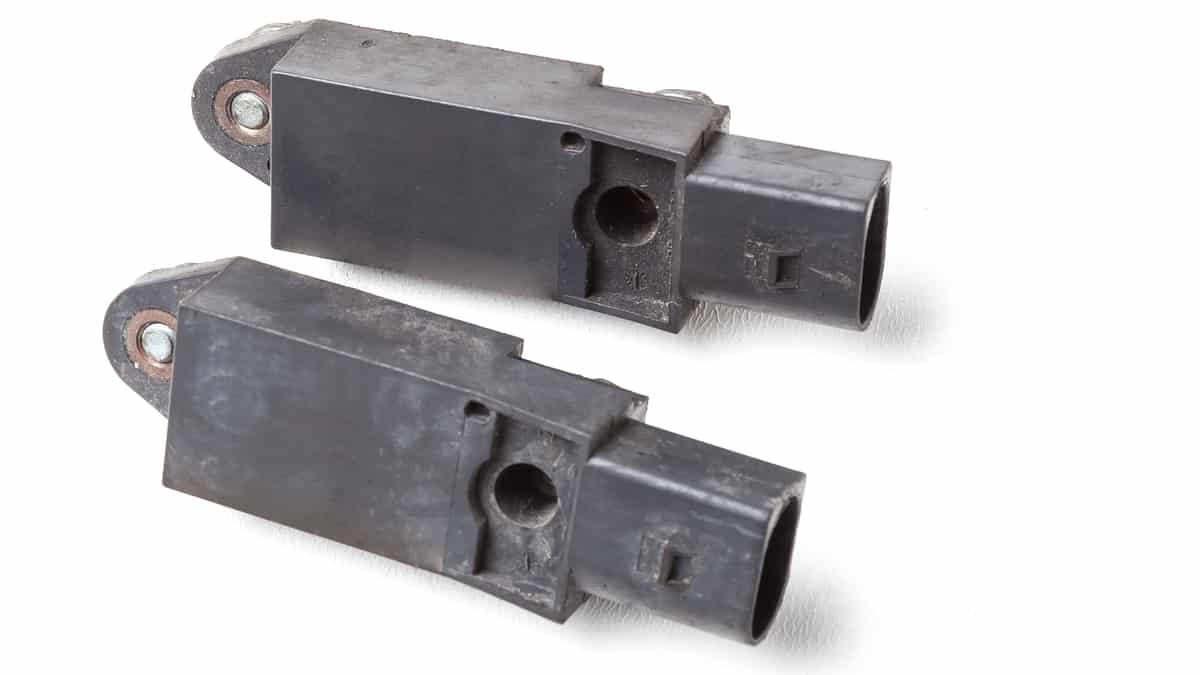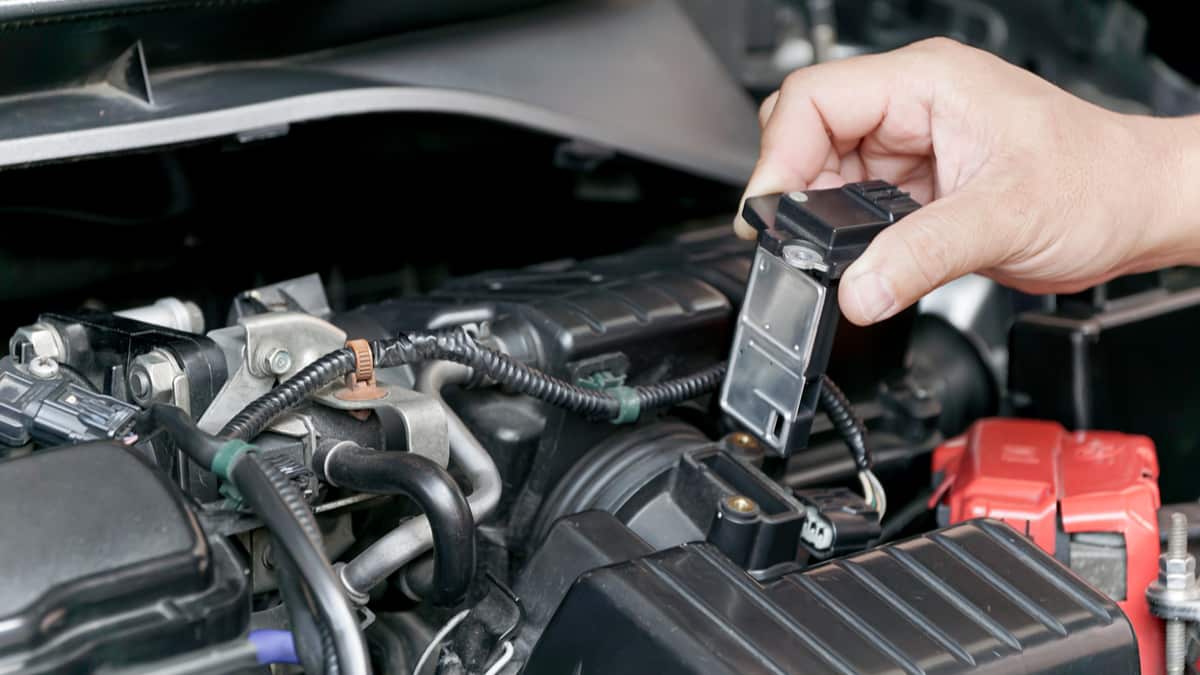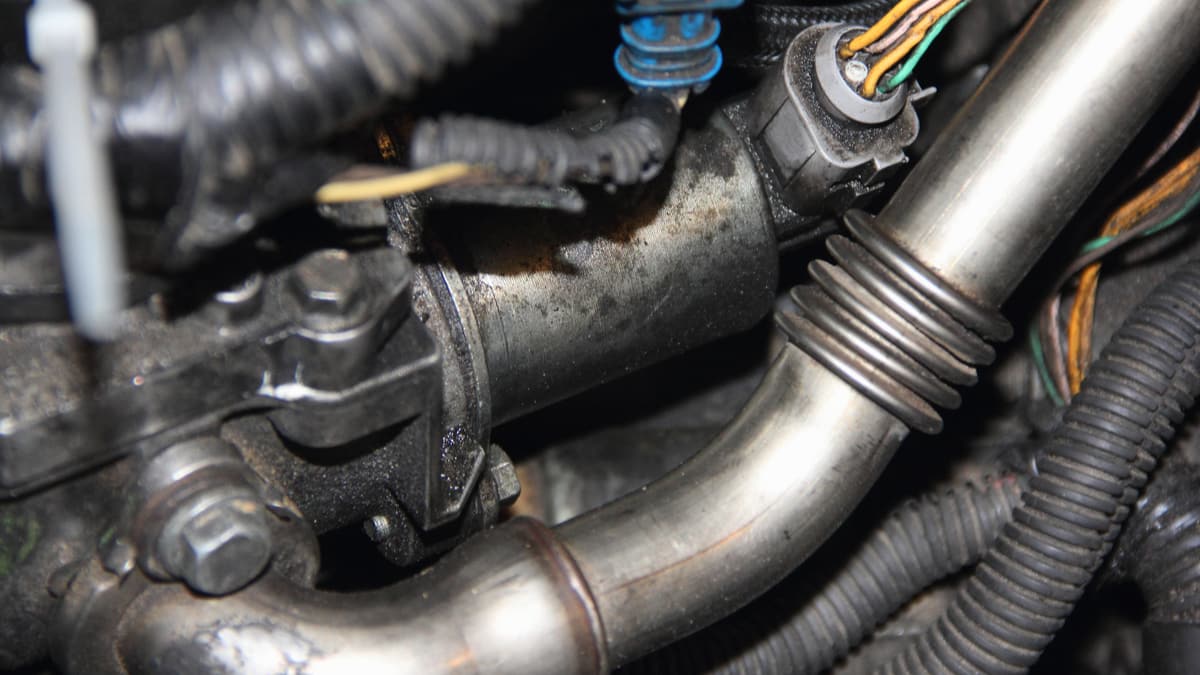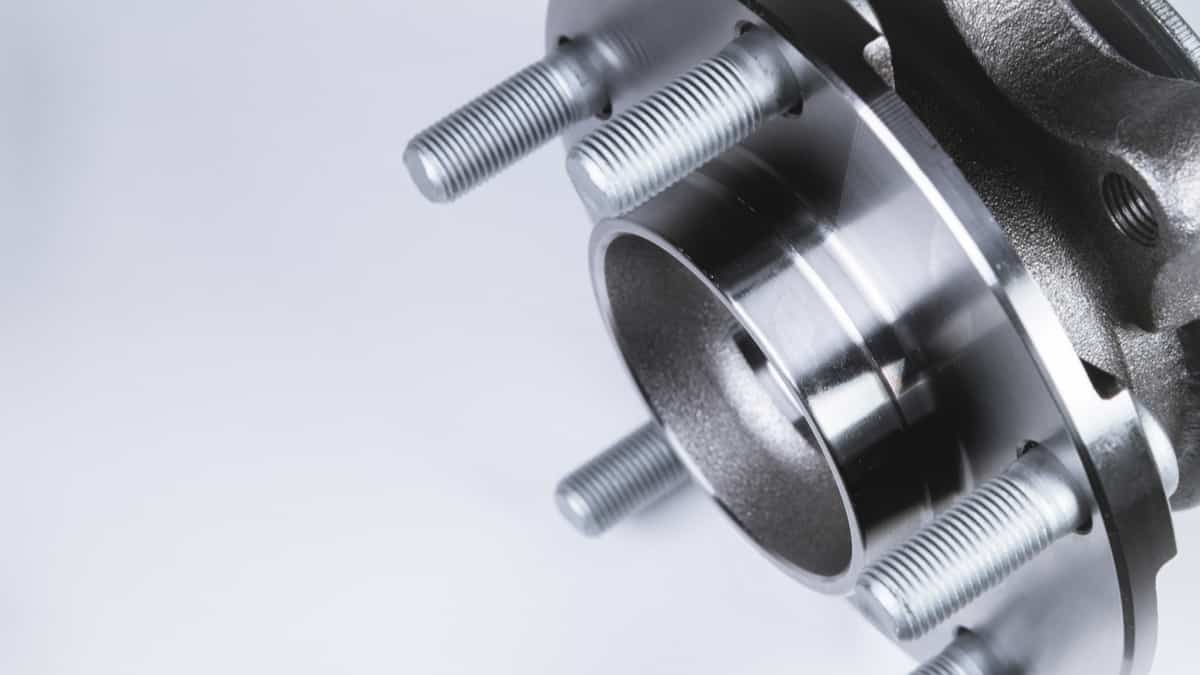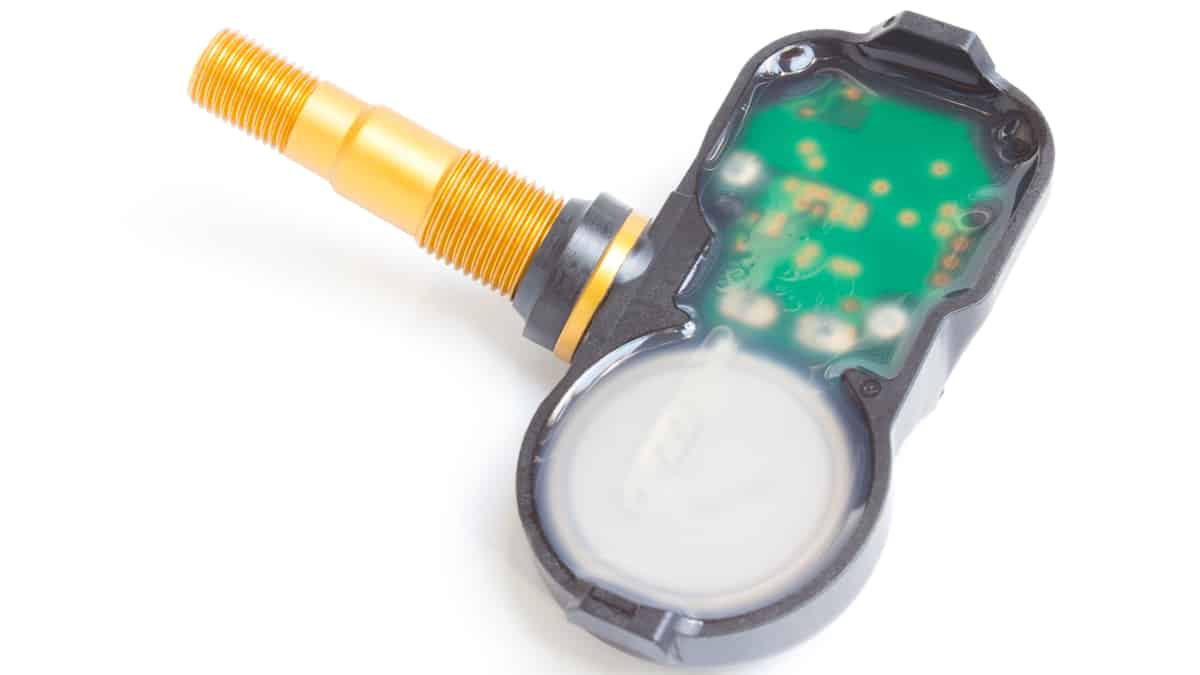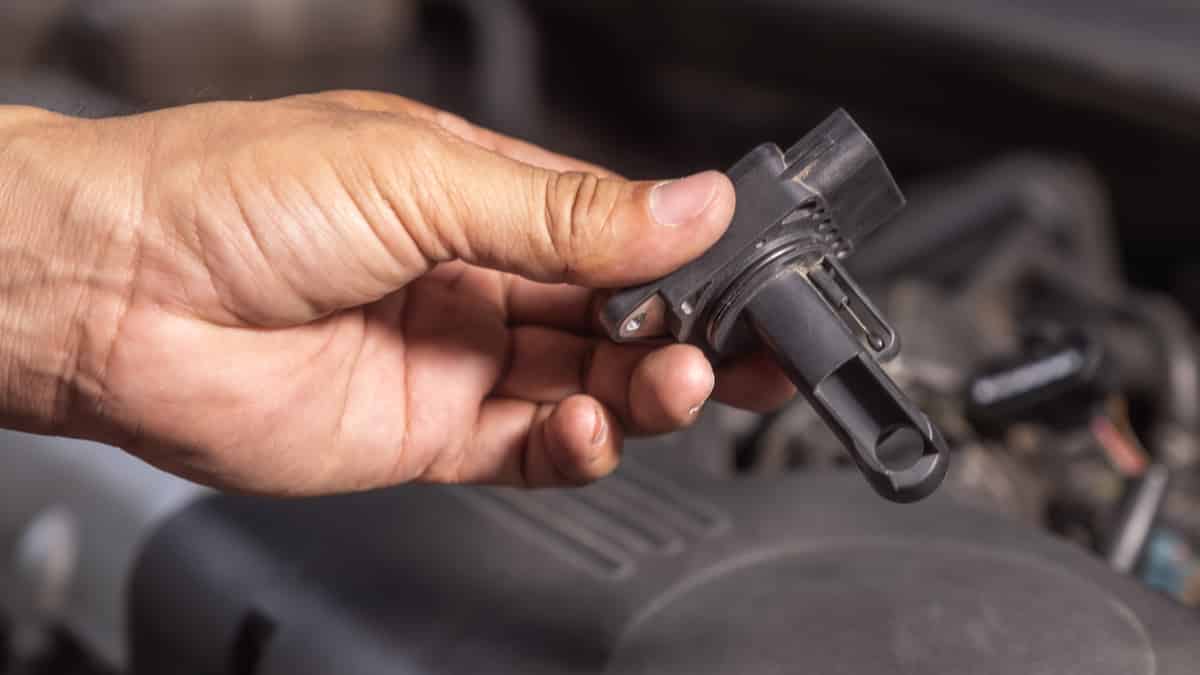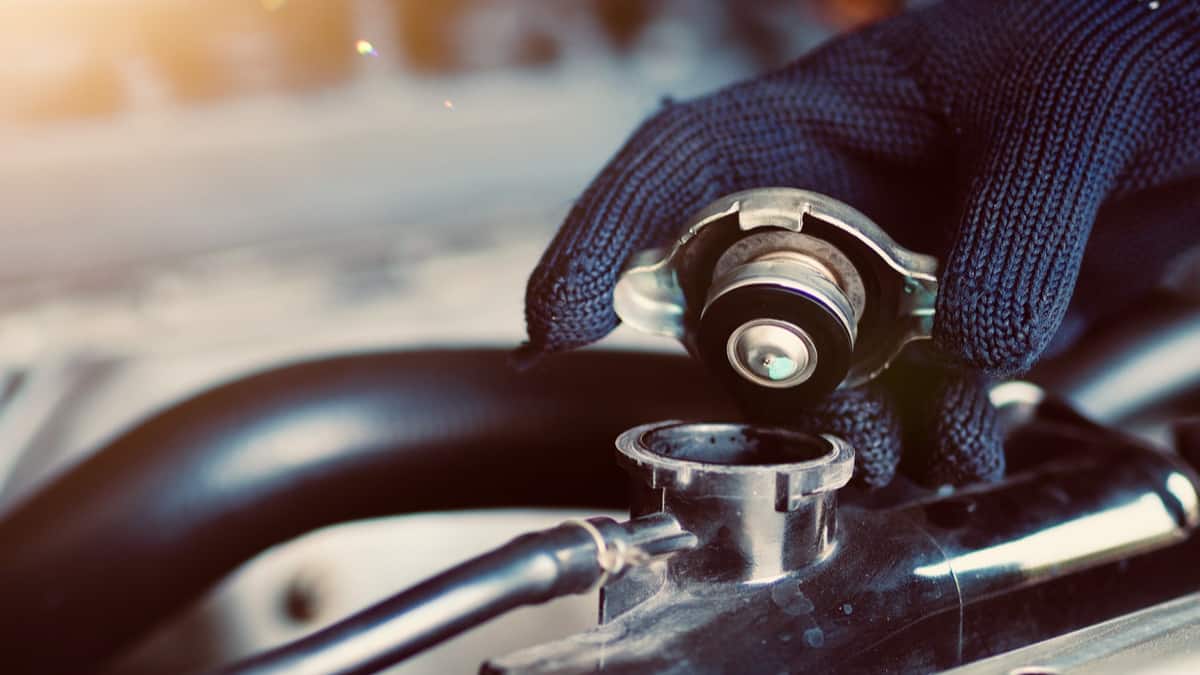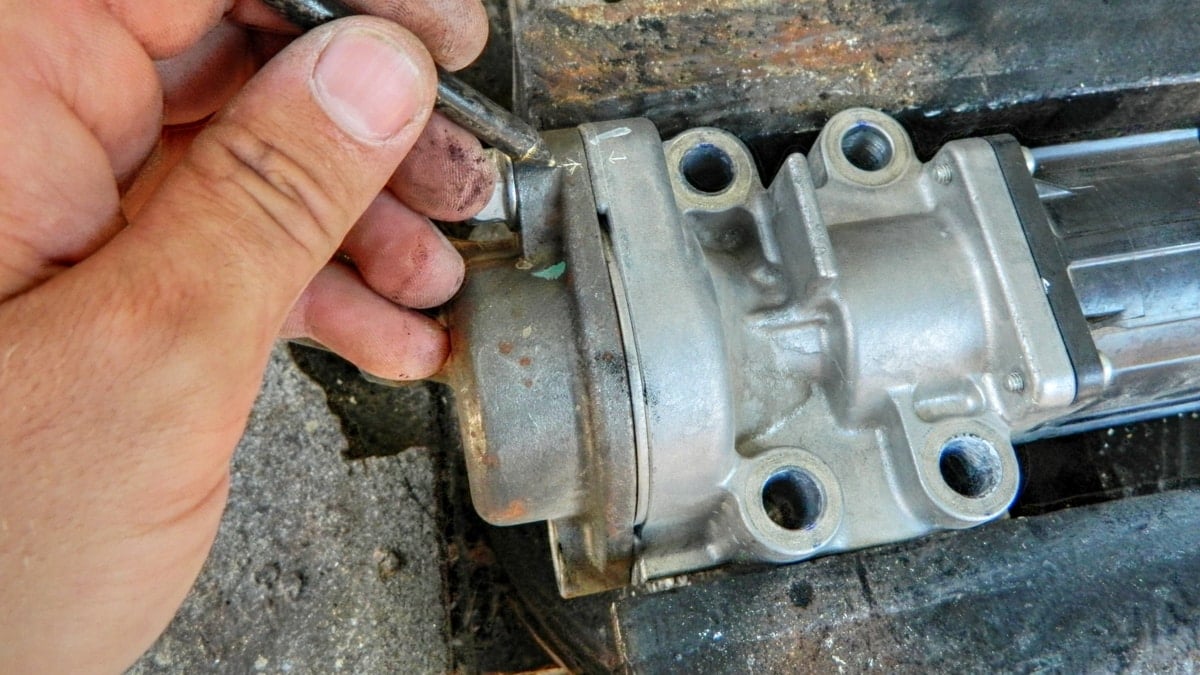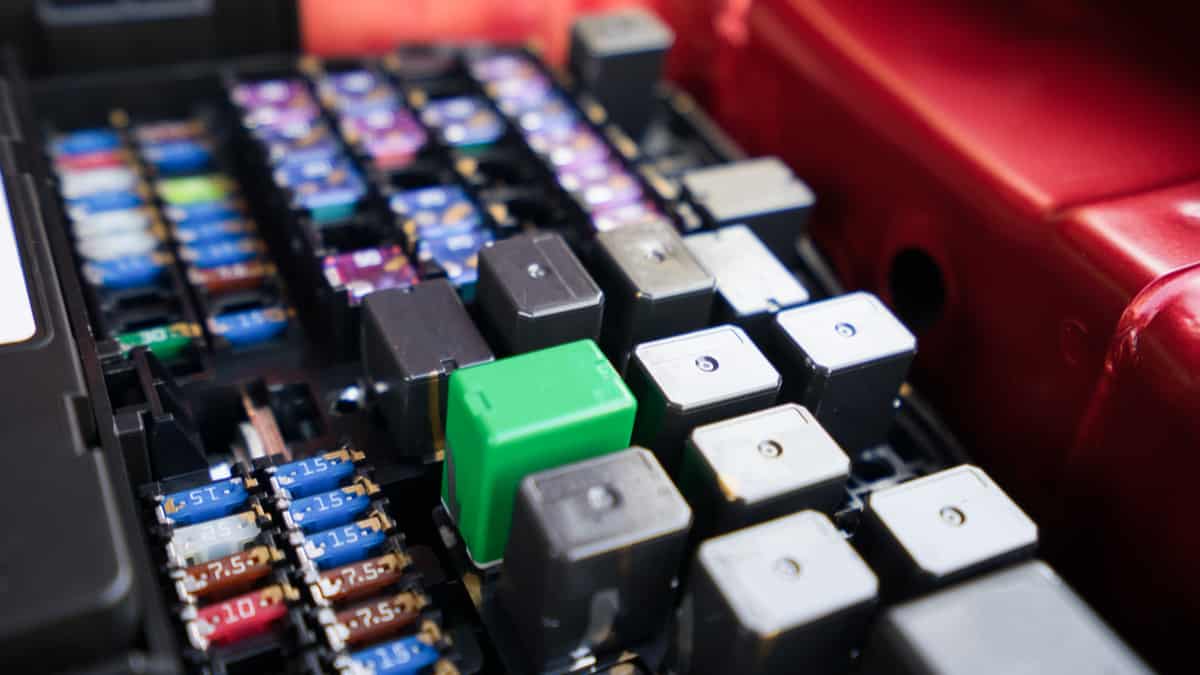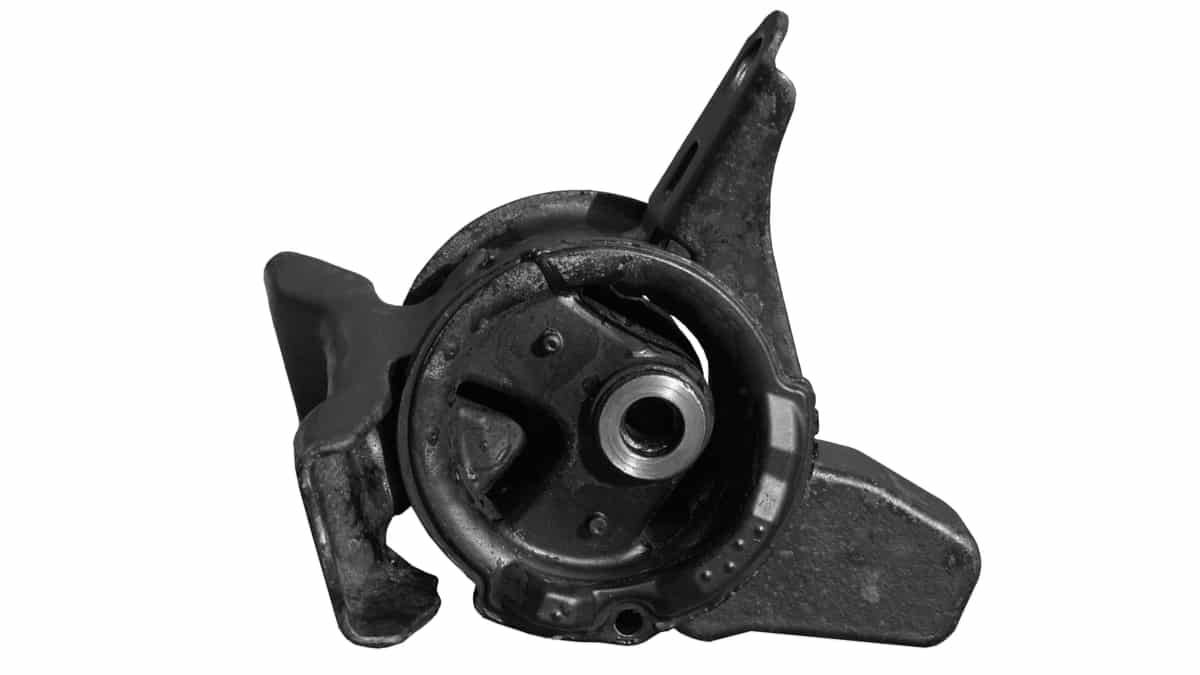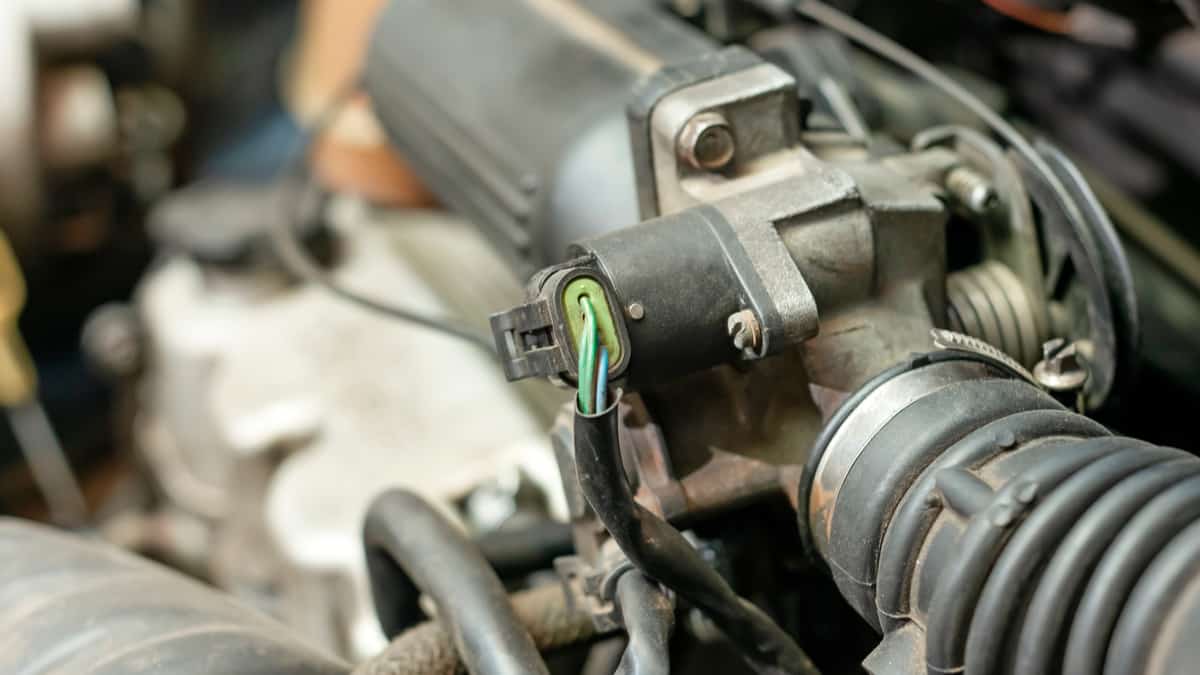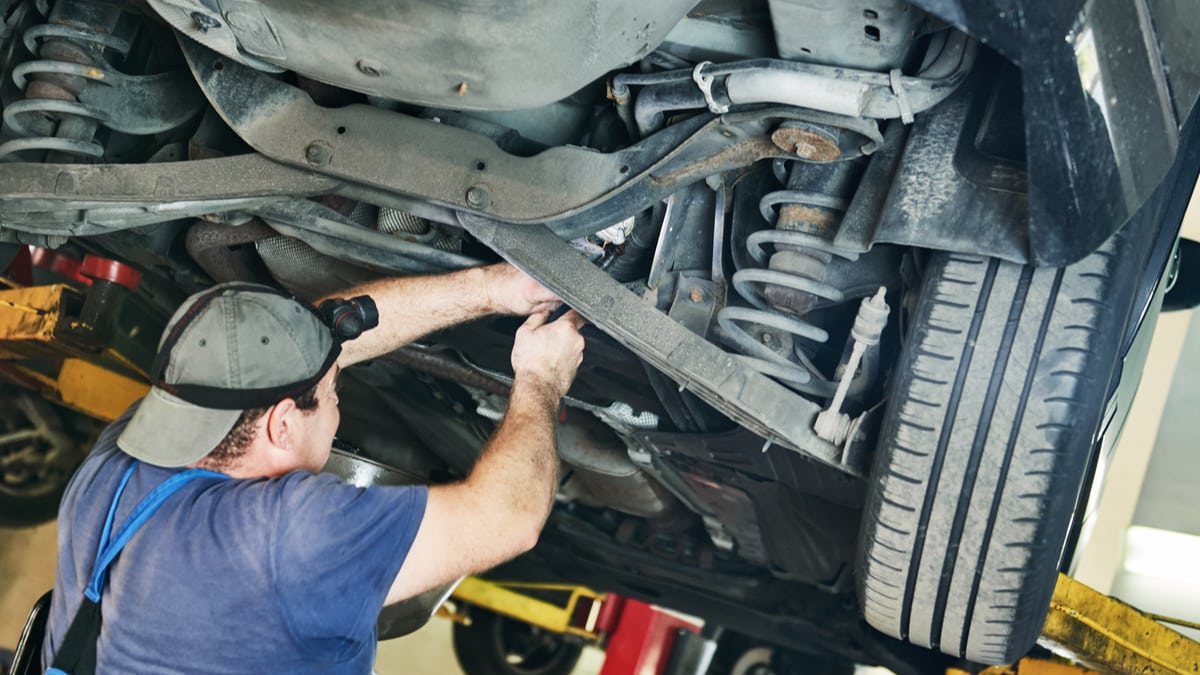The ABS wheel speed sensor has multiple functions, making it a vital part of your automobile. When one begins to fail, you might notice several symptoms.
This article reviews a bad ABS wheel speed sensor’s symptoms, location, function, and replacement cost. Let’s take a quick look at what signs you can expect.
Symptoms Of A Bad ABS Wheel Speed Sensor
The most common symptoms of a bad ABS sensor are an ABS warning light on the dashboard, pulsating brake pedal, loss of anti-lock brakes, or loss of traction control. You may also notice other warning lights on the dashboard, such as the check engine light or traction control light.
As you can see, there are actually not that many ways to tell if an ABS sensor has gone bad. This is mainly because the ABS control module will light up the ABS warning light and deactivate the system to prevent accidents.
Here is a more detailed list of the signs of a bad or failing ABS wheel speed sensor to look for:
1. Illuminated Warning Lights
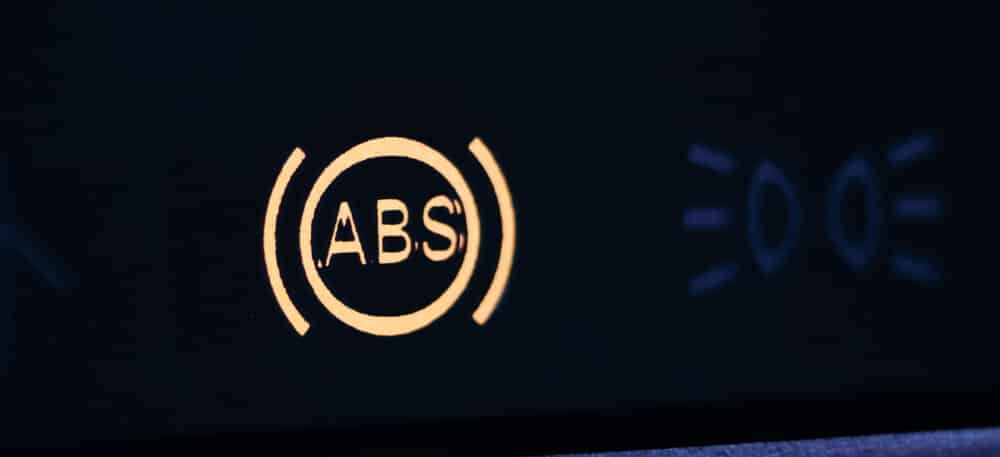
Your dashboard contains a variety of important lights that alert you to danger. When the ABS wheel speed sensor fails, the ABS light is probably one of the first signs you will notice out of all the bad ABS wheel speed sensor symptoms.
At first, it might simply cause the ABS warning light to come on. However, when the other systems stop functioning properly, you might also see the traction and stability control warning lights.
In rare cases, defective ABS wheel speed sensors can cause the speedometer to stop registering.
RELATED: What does the ABS light mean & What Causes it?
2. Pulsating Brake Pedal while braking
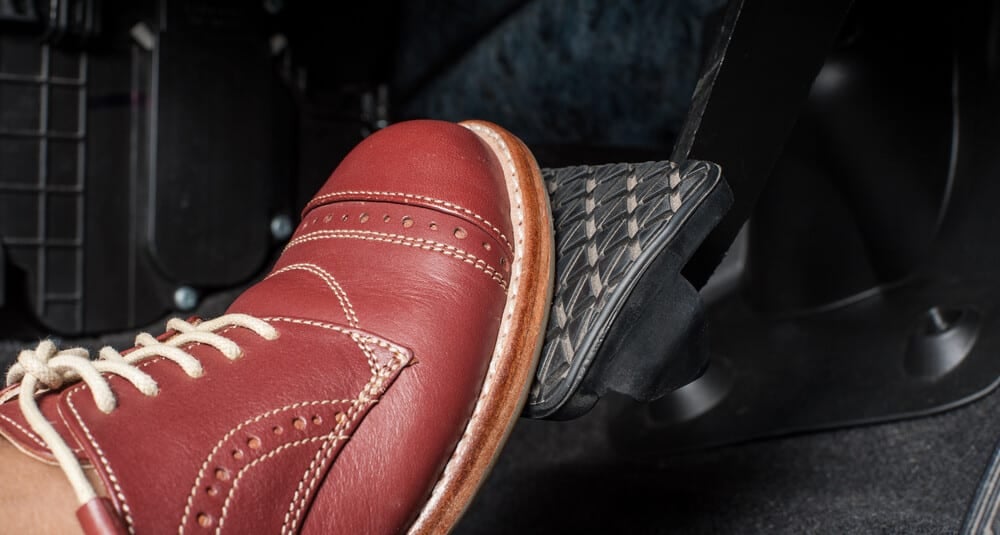
The ABS sensors measure the speeds of each wheel, and if one of the ABS sensors has gone bad, it will read the wrong speed on one or more wheels. This will cause the ABS control module to get tricked and thinking the car is sliding on a slippery surface.
This will cause the ABS and traction control to kick in, and you will feel it by feeling a pulsating or pumping brake pedal while braking.
3. Loss of Anti-lock Brakes

When an ABS wheel sensor fails, it causes the anti-lock brakes to be inoperable. Anytime a fault is noticed, the system triggers an alert, and the ABS warning light comes on.
From here, the vehicle’s electronic control module stops receiving valuable data from the sensor. The computer relies on this information to determine if the wheels are locking up and require support.
Because the system doesn’t know what is happening, the ABS shuts down until the repair is made.
4. Loss of Traction or Stability Control
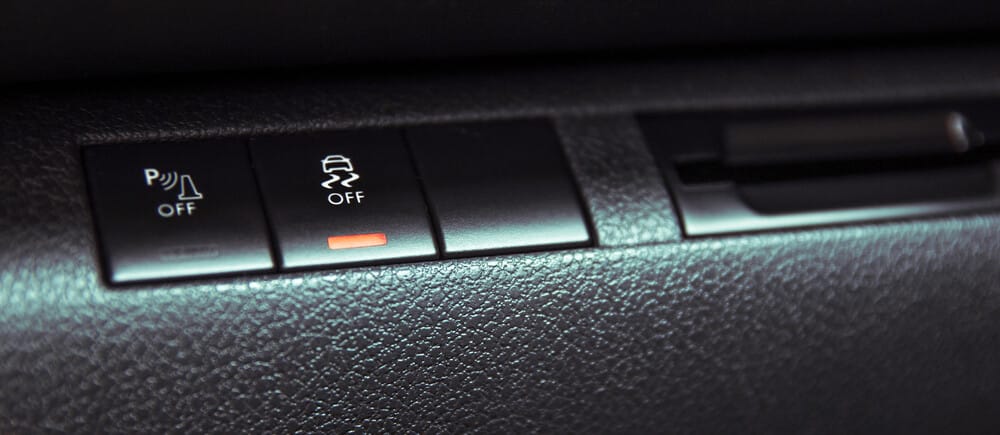
Not only can you lose anti-lock brakes, but also other functions, such as stability control, traction control, roll stability, and hill-start assist. When the sensor stops sending information, the computer shuts these systems down as well.
However, you can experience problems even when the ABS light isn’t on. If you struggle to maintain traction in poor weather conditions or notice handling issues when you brake quickly, the ABS wheel speed sensor might be to blame.
It could also be caused by damaged wiring connections running from the sensor to the ECM.
ABS Wheel Speed Sensor Location
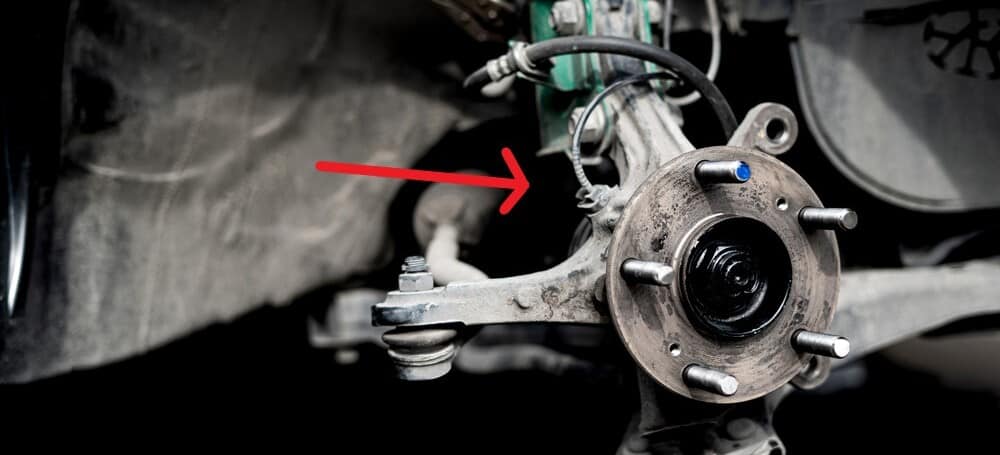
The ABS wheel speed sensor is located at the wheel, behind the brake rotor, but some are placed directly on the axle. Each vehicle contains a different number of ABS wheel speed sensors.
If the system contains four ABS wheel speed sensors, there will be one at each wheel behind the rotor. Systems with three sensors have one at each front wheel and another on the rear axle instead of at either of the rear wheels.
The ABS type determines how many sensors the vehicle contains. Here are four ABS configurations.
Two-channel, four-sensor ABS: One sensor is located on each wheel, but there’s a channel in the front and one for the rear. When any speed sensors detect a wheel lockup, ABS engages at that part of the vehicle.
Three-channel, three-sensor ABS: There is one sensor located at each front wheel and one located on the rear axle. While the rear wheels are monitored at the same time, the front wheels are evaluated separately.
Three-channel, four-sensor ABS: While there are sensors located at every wheel, the rear wheels run on one controller.
Four-sensor ABS: One sensor is located at each wheel and monitored separately. This is the most common configuration with modern vehicles.
ABS Wheel Speed Sensor Function
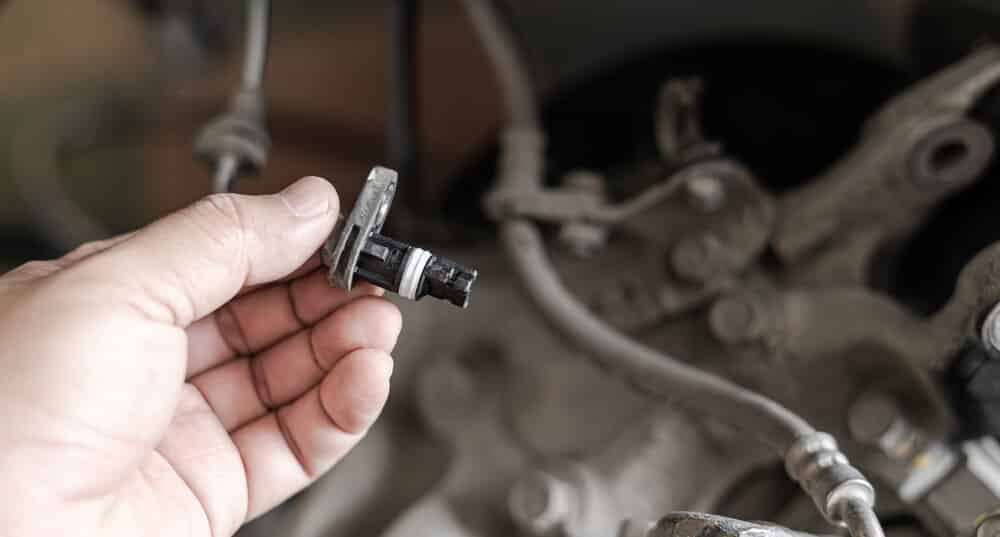
The ABS wheel speed sensor can also be called an ABS brake sensor or, more plainly, an ABS sensor. Whatever it is called, it is a critical part of the ABS.
The anti-lock braking system (ABS) is found on most new vehicles. ABS wheel sensors are attached to the wheels or axle to calculate the rotation speed of the wheels. Most ABS sensors contain a toothed ring and magnet that’s enclosed with a coil. Contact between the magnet and ring creates an electric field, which turns into the signal that is sent to the ABS controller.
RELATED: 4 Symptoms of a Bad ABS Ring
From here, the controller determines the speed of each wheel or axle. This information is then transmitted to the Engine Control Module (ECM).
When the ECM sees that a wheel is locking up, the ABS is activated. It operates at such a fast speed that it often creates a grinding noise with a pulsating sensation.
If the vehicle is also equipped with traction control, the ABS sensor helps control the movement of the vehicle in precarious situations. When traction is lost, the speed of one wheel will be different than the others, causing the system to kick in.
The computer reduces the amount of braking force being applied to the wheel, causing trouble. When this force decreases, it allows the wheel to regain grip and rotate normally again. These same sensors run the stability control systems in modern cars as well.
RELATED: Symptoms of a Bad ABS Control Module
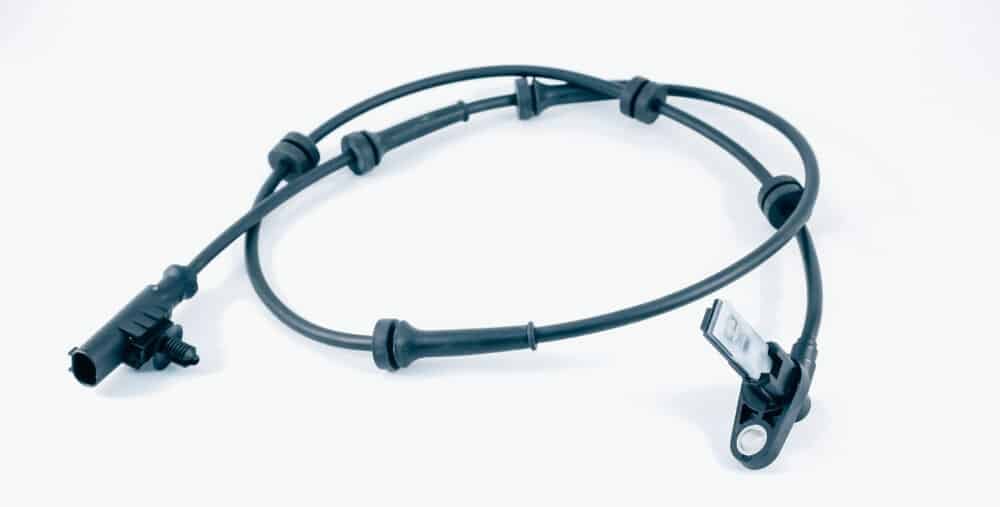
ABS Wheel Speed Sensor Replacement Cost
The average ABS wheel speed sensor replacement cost is between $200 and $400 per sensor, depending on the car model and labor costs. You can expect to pay about $100 to $150 for the wheel speed sensor and another $100 to $300 for the labor.
ABS wheel speed sensors on luxury vehicles can often cost more, plus some models can be harder to work on, which increases the labor cost.
However, it’s not difficult to replace the ABS wheel speed sensor yourself with a few tools. If you have basic mechanical knowledge, this might be a project worth tackling in your home garage. They can become stuck after a while though, so you may need a heat source to remove them.
Can you drive with a bad ABS sensor?
If your ABS sensor is faulty, it means that your car’s anti-lock braking system (ABS) won’t be working properly. You can technically drive with a bad ABS sensor, but it’s not recommended. Safety should always be your number one priority when driving, so if you have a bad ABS sensor, it’s best to get it fixed as soon as possible.
Can ABS sensors be cleaned?
You can try cleaning the ABS sensor, but it is quite unlikely that it will solve the problem. Electrical problems and open circuits are the most common reason ABS sensors fail. However, if the ABS reluctor ring is very rusty, it can cause incorrect readings for the sensor.
What causes ABS sensors to go bad?
There are a few things that can cause ABS sensors to go bad. One is dirt and debris accumulation on the sensor or in the connector. This can happen over time because the sensor is mounted in a very exposed area, especially if you live in an area with a lot of dust or dirt. Another possibility is corrosion, which can occur if water gets into the system. Finally, physical damage to the sensor itself can also cause it to fail.
Does the ABS sensor affect acceleration?
Although it is quite unlikely, it’s not impossible. The ABS sensors are also used for the traction control system, and if a wheel gives the wrong wheel speed, it can reduce power to the engine as a safety feature.
If your car is experiencing any of the ABS sensor symptoms above, but you feel like you don’t have the knowledge to diagnose it properly, it’s time to take it to a mechanic.
Due to the fact that the ABS sensors are installed in an area exposed to water and dust, removing the old sensor can be difficult, and if you don’t have the knowledge, you may need some help from an experienced mechanic.
However, if you have good experience working on cars, you may be able to replace the sensor yourself. Replacing an ABS sensor is usually not too expensive, but the exact cost depends on the make and model of your car.
Learn more:
- 15 Types of Car Sensors (& What They Do)
- How Much Does A Wheel Bearing Replacement Cost? (Front & Rear)
- 5 Symptoms of a Bad Wheel Bearing (Function & Location)
Categories: Brakes
